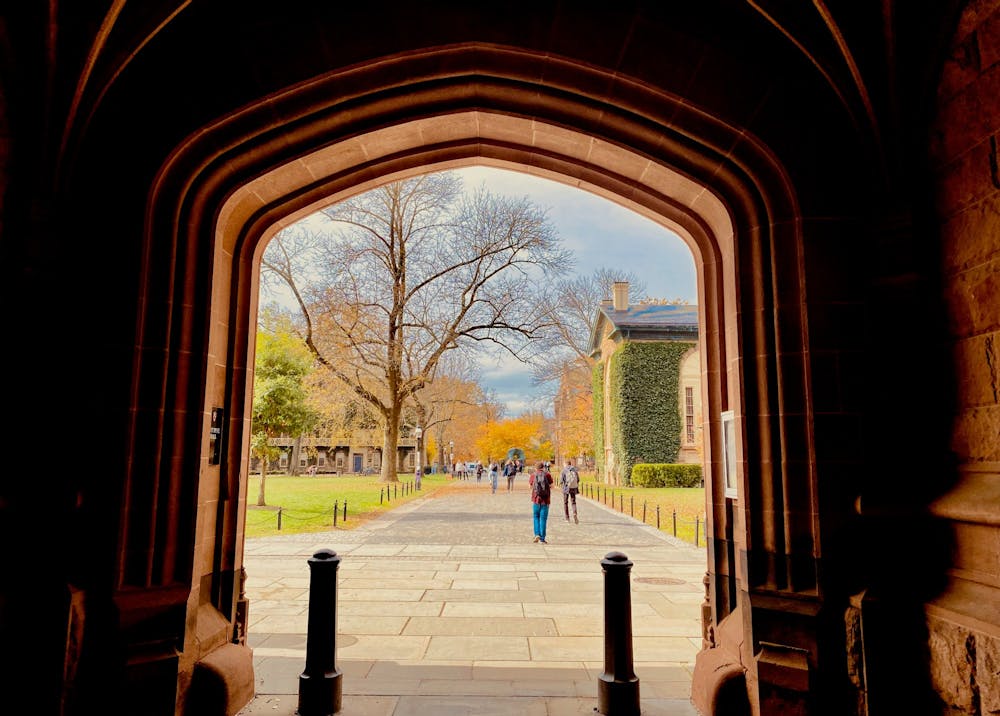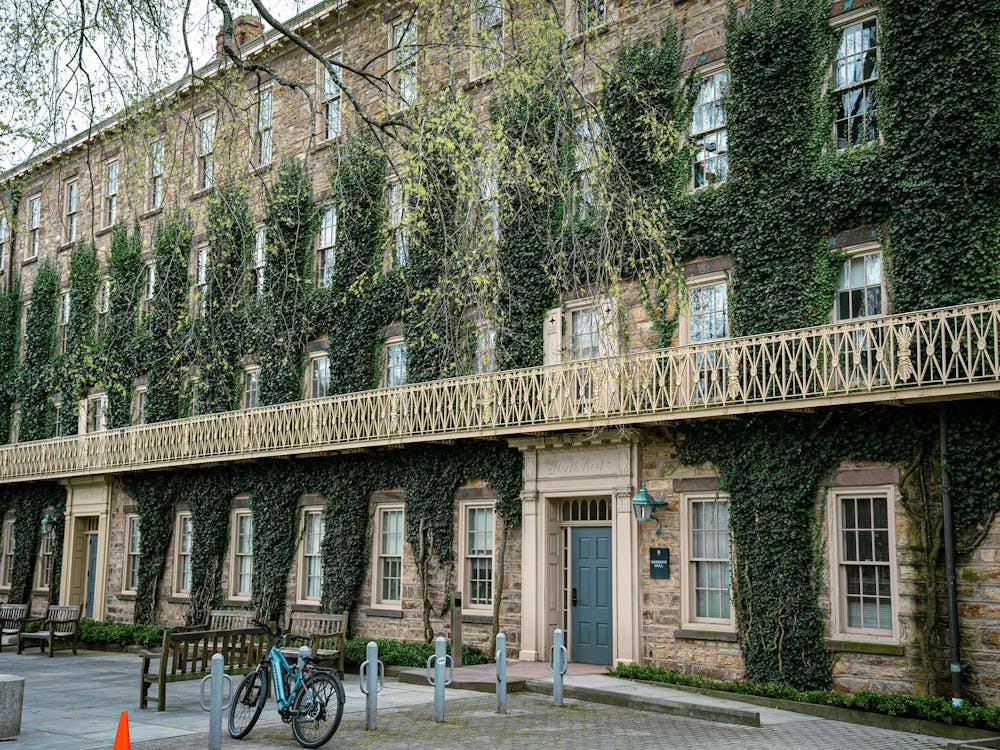The following is a guest contribution and reflects the authors’ views alone. For information on how to submit a piece to the Opinion section, click here.
The Daily Princetonian has recently published several articles about the University’s attempt to deal with issues surrounding the end of affirmative action in admissions referencing the possibility of eliminating legacy as a factor in admissions. Indeed, the Princeton community seems to be focusing on band-aid solutions rather than real fixes to the Supreme Court’s decision ending affirmative action. Wringing our hands and ending legacy admissions may look like a solution to some and heresy to others, but it does nothing much to increase diversity.
According to survey data, legacy kids tend to have better grades coming into Princeton and while there. Odds are, many would get in on their merits anyway — and as a result, getting rid of legacy preference would likely have very little impact. If eliminating legacy admissions is the best we can do to support diversity at Princeton, then we need to find better leaders with better ideas.
The real hope for affirmative action, and diversity, equity, and inclusion (DEI) policies, is to create both a more diverse student body from different backgrounds and provide a superior education to people with high academic potential who otherwise might not be either admitted or able to pay for Princeton. This can still be achieved if Princeton actually gets serious and strategic. Sadly, the University knew that some version of the Supreme Court’s decision was coming at least a year ago and failed or rejected ideas to “work around” the problem. They should have been ready to act immediately with thoughtful ideas and action plans to evidence a real commitment to diversity and inclusion.
Sadly, they were lacking and there is little evidence of plans to overcome the worst aspects of the Supreme Court’s decision. Princeton says wonderful things about its support for diversity, but that’s about it. As for actions, they appear to be trying to see what other colleges and universities do and follow in their footsteps. Is this the kind of leadership we expect at Princeton? I certainly hope not!
So what should they do? Here are a few ideas that, with Princeton’s abundant resources — both financial and human — are eminently doable.
1) Exchange programs with top Historically Black Colleges and Universities (HBCUs) like Morehouse, Spelman, and Howard. We already take their top students for our graduate programs. Why not sponsor their top undergrads for a semester or two? Continuing the thought, some of our students could also spend a semester at an HBCU. As a former professor and a current trustee at Morehouse, I can assure you that the experience would be quite eye-opening for Princetonians, as well as socially and intellectually challenging regardless of their race, religion, economic status, or upbringing.
2) Expand Princeton’s admission effort to identify bright, high-achieving students from outside “the usual places.” Don’t start looking when they are seniors. Start when they are in the 8th grade or earlier. Strategically locate recruiters in major cities and regions on a full-time basis. Task the Alumni Schools Committee to become more embedded in the community to identify and work with smart kids at an early age. This could include tutoring, enrichment programs, and summer school at Princeton. We can also work with corporations, foundations, religious groups, and not-for-profits like the Calculus Project, Boys and Girls Clubs, YMCA, et al. to identify students early. The best baseball teams do this to find gifted players at an early age. Why can’t we do the same to find and encourage great students at an early age?
I would argue that this has greater long-term benefit to Princeton and the world than another expensive building on campus.
It also could even have naming rights for philanthropic people. Don’t believe it? Ask Robert Smith, Reed Hastings, or Mackenzie Scott about their gifts' impact on HBCUs. They will be remembered in the hearts and minds of students and their families far longer than will be some rich person whose name is on a building at Princeton. Princeton could lead this effort — indeed, if we do this, other institutions will likely follow our lead.
3) Develop recruiting and full tuition scholarship programs in places like Latin America, Africa, and Southern and Subcontinental Asia to identify and attract top kids who otherwise lack the exposure, knowledge, and resources to even know about Princeton, much less apply. Princeton’s financial resources and far-flung global alumni network could make us a leader in this endeavor.
While the above ideas only represent a few thoughts, they are the kinds of things Princeton needs to start aggressively thinking about and implementing. It is time for Princeton to lean into its motto of service — to the nation and humanity. We have the financial resources, reputation, alumni, and access to power that few institutions in the world possess. If we do it well, others will follow our lead. To stand by, spout platitudes or follow others in half measures is embarrassing to our stature and values. In the words of Dr. Martin Luther King, Jr., “A genuine leader is not a searcher for consensus but a molder of consensus.”

Richard Thaler ’73 is a former professor at Morehouse College and the current treasurer and a trustee of the college. He is a former chair of the Daily Princetonian Board of Trustees and a trustee emeritus of the ‘Prince.’ He can be reached at bosox00004@gmail.com.








